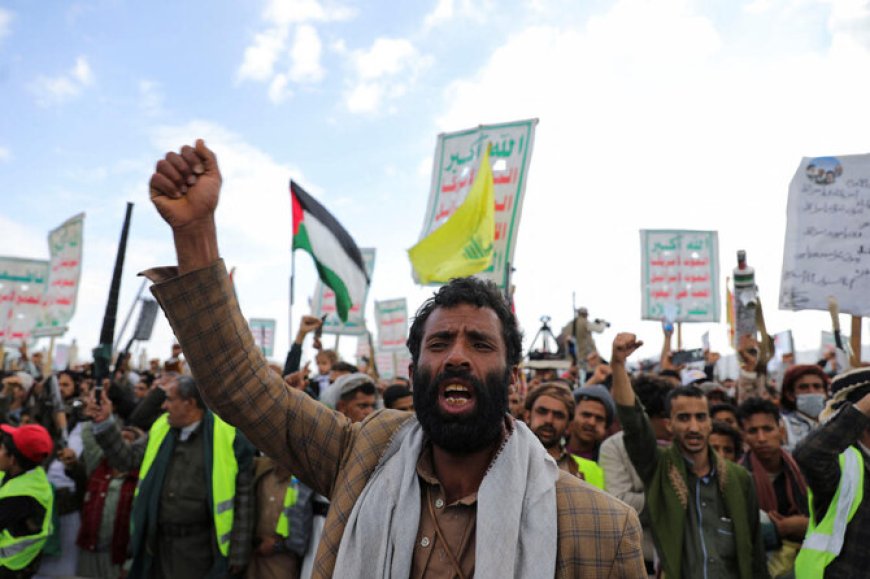Rising Tensions as US and Britain Strike Yemen Among Increasing Regional Conflicts
Targeting Houthi-owned weapons facilities in Yemen's capital, Sanaa, and surrounding areas, US and British warplanes carried a series of airstrikes over the weekend, so highlighting the rising regional tensions and the convoluted network of alliances and conflicts in the Middle East. Targeting advanced weapon storage sites, the strikes add to the volatility in this vital corridor for world trade as Houthi troops keep attacking international maritime lines in the Red Sea and Gulf of Aden.

Targeting Houthi-owned weapons facilities in Yemen's capital, Sanaa, and surrounding areas, US and British warplanes carried a series of airstrikes over the weekend, so highlighting the rising regional tensions and the convoluted network of alliances and conflicts in the Middle East. Targeting advanced weapon storage sites, the strikes add to the volatility in this vital corridor for world trade as Houthi troops keep attacking international maritime lines in the Red Sea and Gulf of Aden.
According to the Houthi-aligned Al Masirah news network, the attacks aimed at Sanaa's southern Al Sabeen area had witnesses noticing aircraft and explosions rippling across the city. Emphasizing that the intended targets housed weaponry used in recent Houthi attacks on civilian and military vessels running in international waters, the Pentagon acknowledged the strikes. Reports show that the Houthis have carried more than 100 strikes on ships, resulting in death, destruction, and disturbance of important commercial channels. These attacks have grown increasingly regular over the past year. Supported by Iran, the Houthis assert their strikes are a reaction to Israeli-linked vessels traversing these seas, thereby expressing solidarity with Palestinians among the continuing bloodshed in Gaza.
With an estimated 12 percent of all marine trade worldwide, the Red Sea is a vital artery for international trade. The disturbances brought about by Houthi attacks draw attention to the general influence of the wars in the area on world stability. Four seamen have been slain, two ships have been sunk, and another vessel has been seized by Houthi forces since last November, therefore raising world security issues about safe transit across these seas. Though the whole extent and long-term effects of these strikes remain unknown, the US and British response reflects a concerted effort to reduce these attacks and defend commercial and geopolitical interests.
These strikes have a noteworthy timing since they correspond with a larger geopolitical scene full of complicated alliances and conflicts. Recently criticizing US president-elect Donald Trump, Houthi leader Abdul Malik Al-Houthi claimed that by negotiating normalizing deals between Israel and various Arab nations, he was aggravating Middle East divide. Al-Houthi claims that these negotiations have not helped to reduce regional tensions and, in his opinion, represent yet another instance of Western intervention favoring Israel at the price of regional stability. Given the escalation in Gaza and Lebanon, where support for Palestinian and anti-Israel attitude has reached new heights, he voiced uncertainty over Trump's ability to bring peace to the Middle East.
Human rights activists and foreign observers have criticised the Western attitude to the situation in Yemen, much as in Gaza. Many contend that along with military reactions, the absence of serious interaction with Houthi political demands has simply strengthened attitudes and widened the humanitarian catastrophe in Yemen, where millions of people still run the danger of starving and sickness. Critics contend that the US and Britain are essentially giving geopolitical objectives top priority over human rights and sustainable peace in the area in view of continuous Western support for Israel and now heightened military action in Yemen.













































